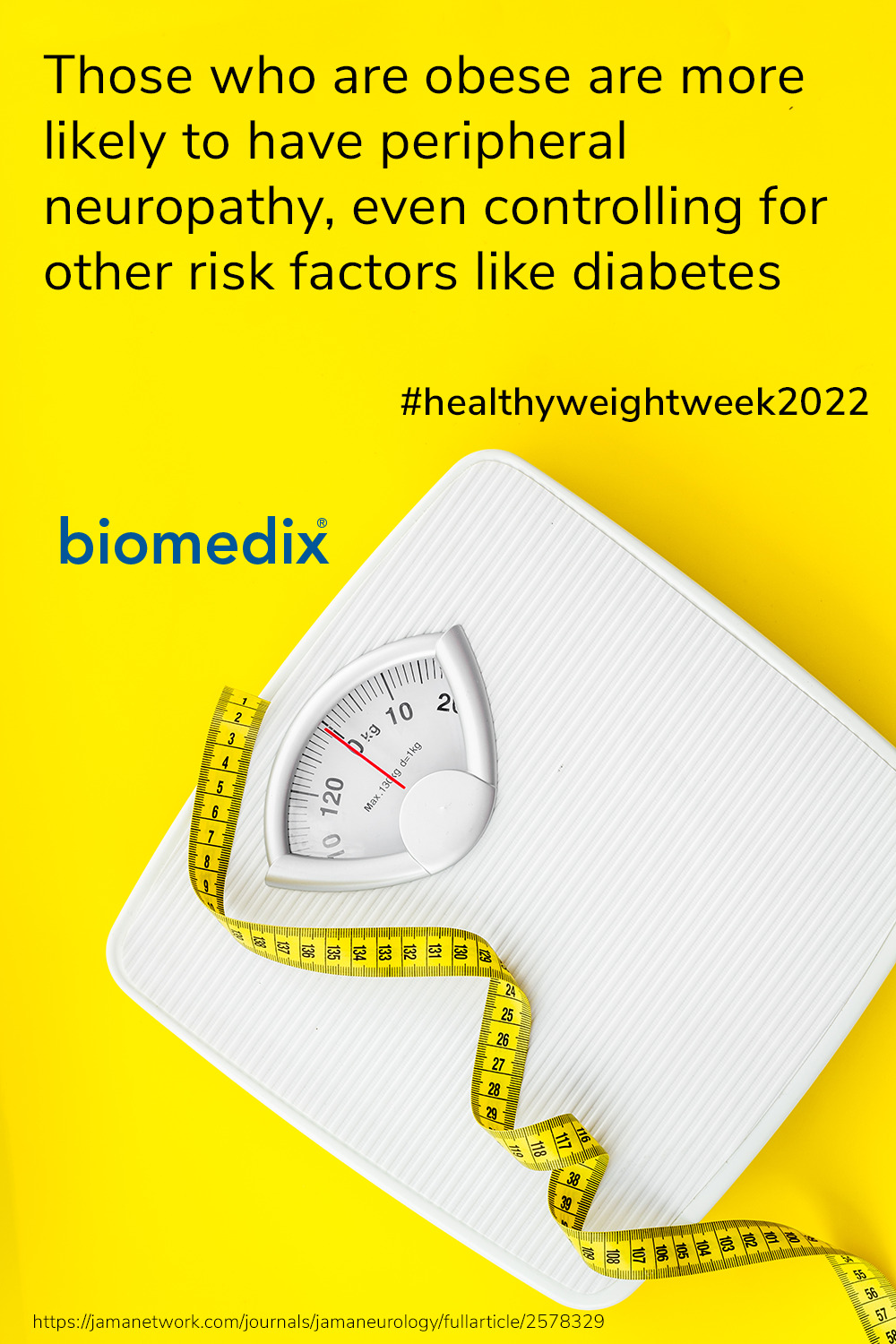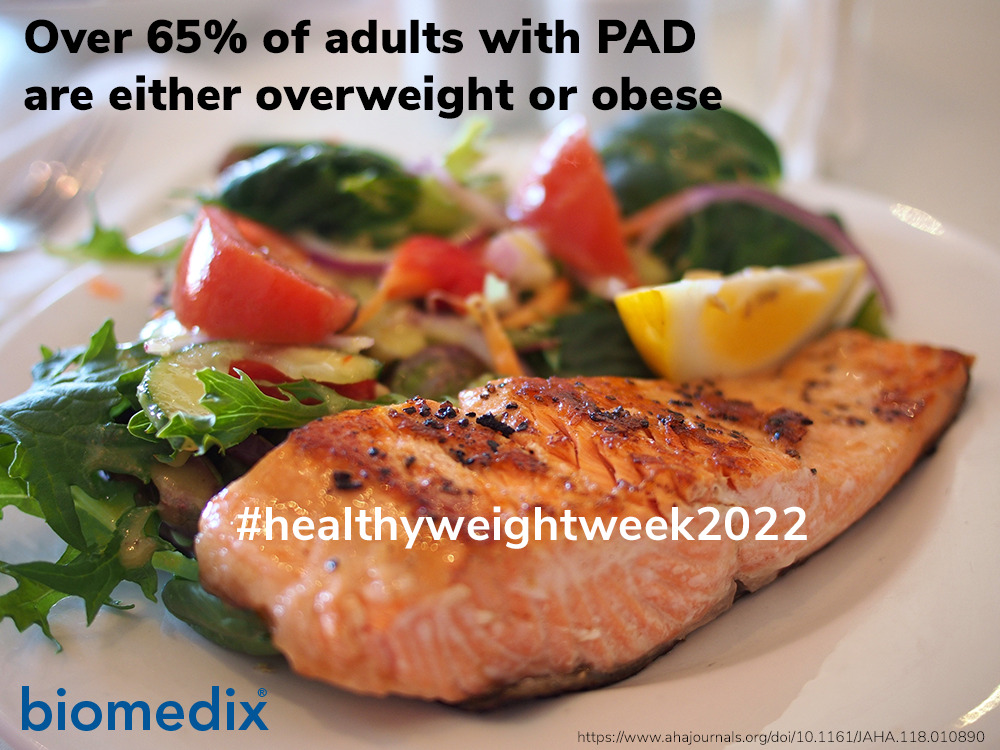Arterial insufficiency due to Peripheral Artery Disease (sometimes referred to as Peripheral Vascular Disease) is closely related to a variety of risk factors, including:
- Age
- Family history of vascular disease
- History of tobacco use
- Diabetes Mellitus
- Hypertension
- Hyperlipidemia (hypercholesterolemia)
A study of more than 45,000 patients found that 96% of patients with Peripheral Arterery Disease (PAD) had at least one of the following risk factors: history of smoking, diabetes, hyperlipidemia, or hypertension[i].
Peripheral Artery Disease Risk Factor - Age
PAD prevalence steadily increases with age, starting at age 40. The NHANES study studied this associating, finding prevalence for the following age groups, regarding of the presence of other risk factors:
- 1% for ages 40-49
- 5% for ages 50-59
- 7% for ages 60-69[ii]
In the age group of 70+ the prevalence rises to 29%[iii].

Peripheral Artery Disease and Family History
Although some have concluded that atherosclerotic disease such as PAD are most likely the result of genetics, lifestyle choices and environment[iv], some studies have shown that a family history of PAD had a significant influence on whether a patient had PAD, especially PAD in ages 68 and under[v]. Researchers have yet to find a specific genetic marker for PAD[vi].

Peripheral Artery Disease Risk Factor - Tobacco Use
Cigarette smoking and tobacco use is highly correlated with cardiovascular disease, including peripheral vascular disease. In fact, a history of smoking may be more powerful risk factor for PAD than CAD (coronary artery disease)[vii]. Patients aged 50+ with a history of smoking have a 1 in 3 chance of having PAD, finding that patients aged 50-69 with a history of smoking for more than 10 pack-years had the same prevalence of PAD as those aged 70 or older[viii]. Even exposure to secondhand smoke increases PAD risk[ix]. The longer a patient has smoked also negatively impacts PAD disease severity, progression and patient outcomes, especially if they continue to smoke as the disease is being treated[x].

Peripheral Artery Disease Risk Factor - Diabetes Mellitus/Type-2 Diabetes
The NHANES study found that diabetes was a risk factor highly associated with PAD, only exceeded by a history of smoking[xi]. In addition, diabetics have more advanced disease, and experience poorer outcomes than those without diabetes[xii]. Patients with diabetes who are not controlling their HbA1c levels are at an even greater cardiovascular risk, finding a 26% increased risk for every 1% increase in A1c levels[xiii].

Is the use of smokeless tobacco a risk factor for peripheral artery disease?
Food Insecurity Among Black Adults Is An Independent Risk Factor For Heart Disease
Study finds association between socioeconomic deprivation and PAD, CLI in diabetic populations
Addressing Racial Disparities in Cardiovascular and Cardiometabolic Disease Risk Factors
Obesity and peripheral neuropathy prevalence
65% of adults with PAD are overweight or obese
[i] Peripheral artery disease: often silent, sometimes deadly, potentially preventable, https://www.health.harvard.edu/blog/peripheral-artery-disease-often-silent-sometimes-deadly-potentially-preventable-201210245448
[ii] Selvin E, Erlinger TP. Prevalence of and risk factors for peripheral arterial disease in the United States: results from the National Health and Nutrition Examination Survey, 1999-2000. Circulation. 2004 Aug 10;110(6):738-43. doi: 10.1161/01.CIR.0000137913.26087.F0. Epub 2004 Jul 19. PMID: 15262830.
[iii] Hirsch AT, Criqui MH, Treat-Jacobson D, Regensteiner JG, Creager MA, Olin JW, Krook SH, Hunninghake DB, Comerota AJ, Walsh ME, McDermott MM, Hiatt WR. Peripheral arterial disease detection, awareness, and treatment in primary care. JAMA. 2001 Sep 19;286(11):1317-24. doi: 10.1001/jama.286.11.1317. PMID: 11560536.
[iv] Leeper NJ, Kullo IJ, Cooke JP. Genetics of peripheral artery disease. Circulation. 2012;125(25):3220-3228. doi:10.1161/CIRCULATIONAHA.111.033878
[v] Khaleghi M, Isseh IN, Bailey KR, Kullo IJ. Family history as a risk factor for peripheral arterial disease. Am J Cardiol. 2014 Sep 15;114(6):928-32. doi: 10.1016/j.amjcard.2014.06.029. Epub 2014 Jul 2. PMID: 25107577; PMCID: PMC4206951.
[vi] Valentine RJ, Myers SI, Inman MH, Roberts JR, Clagett GP. Late outcome of amputees with premature atherosclerosis. Surgery. 1996 May;119(5):487-93. doi: 10.1016/s0039-6060(96)80255-8. PMID: 8619201.
[vii] Lu L, Mackay DF, Pell JP. Meta-analysis of the association between cigarette smoking and peripheral arterial disease. Heart. 2014 Mar;100(5):414-23. doi: 10.1136/heartjnl-2013-304082. Epub 2013 Aug 6. PMID: 23922053.
[viii] Hirsch AT, Criqui MH, Treat-Jacobson D, Regensteiner JG, Creager MA, Olin JW, Krook SH, Hunninghake DB, Comerota AJ, Walsh ME, McDermott MM, Hiatt WR. Peripheral arterial disease detection, awareness, and treatment in primary care. JAMA. 2001 Sep 19;286(11):1317-24. doi: 10.1001/jama.286.11.1317. PMID: 11560536.
[ix] Adams T, Wan E, Wei Y, Wahab R, Castagna F, Wang G, Emin M, Russo C, Homma S, Le Jemtel TH, Jelic S. Secondhand Smoking Is Associated With Vascular Inflammation. Chest. 2015 Jul;148(1):112-119. doi: 10.1378/chest.14-2045. PMID: 25742439; PMCID: PMC4493867.
[x] Stonebridge PA, Bradbury AW, Murie JA. Continued smoking and the results of vascular reconstruction. Br J Surg. 1994 Jan;81(1):51-2. doi: 10.1002/bjs.1800810117. PMID: 8313120.
[xi] Leibson CL, Ransom JE, Olson W, Zimmerman BR, O’fallon WM, Palumbo PJ. Peripheral arterial disease, diabetes, and mortality. Diabetes Care. 2004 Dec;27(12):2843-9. doi: 10.2337/diacare.27.12.2843. PMID: 15562195.
[xii] Jude EB, Oyibo SO, Chalmers N, Boulton AJ. Peripheral arterial disease in diabetic and nondiabetic patients: a comparison of severity and outcome. Diabetes Care. 2001 Aug;24(8):1433-7. doi: 10.2337/diacare.24.8.1433. PMID: 11473082.
[xiii] Selvin E, Marinopoulos S, Berkenblit G, Rami T, Brancati FL, Powe NR, Golden SH. Meta-analysis: glycosylated hemoglobin and cardiovascular disease in diabetes mellitus. Ann Intern Med. 2004 Sep 21;141(6):421-31. doi: 10.7326/0003-4819-141-6-200409210-00007. PMID: 15381515.




